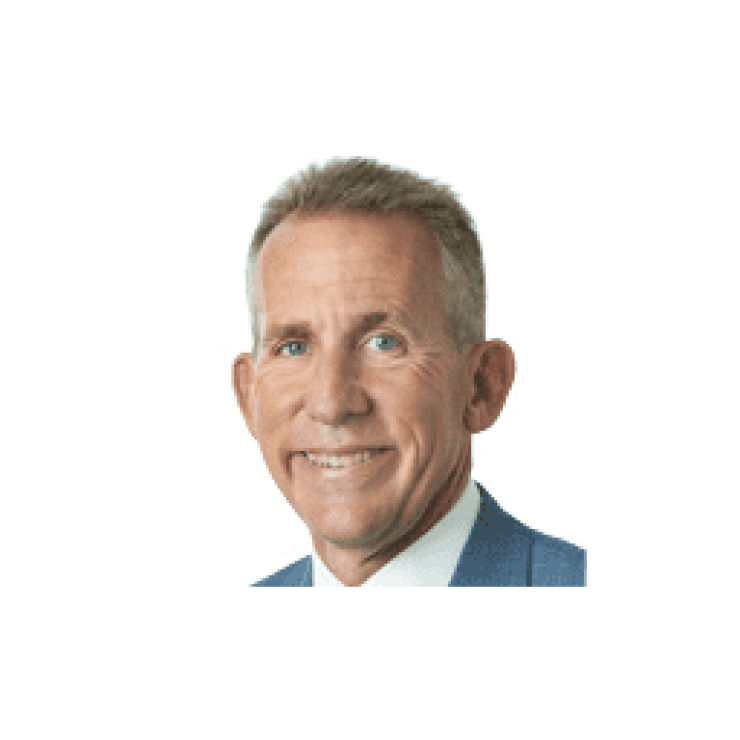Financial advisors choose that career path because they want to help people. I can say that’s the case for most. I’ve seen it reflected in the tens of thousands of advisors I’ve trained in my 30 years in the industry. I saw it in myself and in my daughter, who works as one now.
But as so often in life, reality can make it difficult to achieve one’s goals. Financial advisors must spend most of their early career growing their practice and trying to stay afloat. They must become expert salespeople in order to succeed, a reality that often brings on job dissatisfaction. Crises like the pandemic put additional strain on the client-advisor relationships. In 2009, after the financial crisis, 10% of clients industry-wide defected their advisor, the highest level we saw through to 2019, when attrition rates fell to 5%, according to a survey by PriceMetrix, a unit of McKinsey & Co. To help advisors succeed, wealth management firms support and train them to grow their client base and to boost revenue by selling products.

Often, after three or five years, those that survive end up with a client portfolio too large to allow them to deliver the best service to their clients. The math is easy here: The fewer clients an advisor has, the more attention each one will receive.
Fortunately, there are ways to change that dynamic: alter the business model and change how we train advisors.
Changing the model is the bigger challenge.
Firms where advisors receive client referrals from their banker colleagues in branches reduce the pressure on advisors to go out in the field and hunt down leads.
Training in the industry, on the other hand, is fairly standard. Developing new talent has traditionally put a greater emphasis on how to grow the practice and paid very little attention to improving the quality of the client-advisor relationship. A report by Carson Coaching shows that almost nine of ten clients who said they are satisfied with their advisors interact with them four to five times a year. And still, data shows that most clients only hear from their financial advisors when there’s high volatility in the markets, which in many cases leads to unnecessary panic, or when there are new products available, which again puts advisors in the role of the salespeople.

Focusing on training is an effective way to reduce industry attrition rates, develop better financial advisors and help more Americans grow their wealth over time. To do that, we need to go back to the basics, and remember why someone becomes an advisor in the first place.
How do we do that? Here’s a case study: At J.P. Morgan Wealth Management we have shifted our attention from new joiners to licensed advisors, and from providing just a few weeks of training to continuous education.
Our new two-year Advisor Growth Program aims to build practice management knowledge and skills to develop a long-term career. The program focuses on how to plan effectively for clients’ needs and goals, the client relationship, and business development.
During these 24 months, advisors will receive support and guidance from specialists on tools, technology, operations, compliance, and supervision. Participants are part of monthly cohorts that will progress through the program together, offering a community experience. Advisors move through a series of check-ins to demonstrate what they’ve learned. Upon completion, advisors obtain the Wealth Management Certified Professional certification from the American College of Financial Services.
Now is a crucial time to build and cement the bonds of trust between you, your clients, and your colleagues, says Kimberly Foss.

All financial advisors want to help their clients achieve their goals. Let’s help them become life partners to their clients, offer them value beyond investments, and to build a practice that’s scalable and that will allow them to offer first-in-class service.
We as an industry have been telling advisors for years to listen to their clients but not giving them the tools to move beyond that. It’s our turn to listen, and give them the best chance to succeed.





